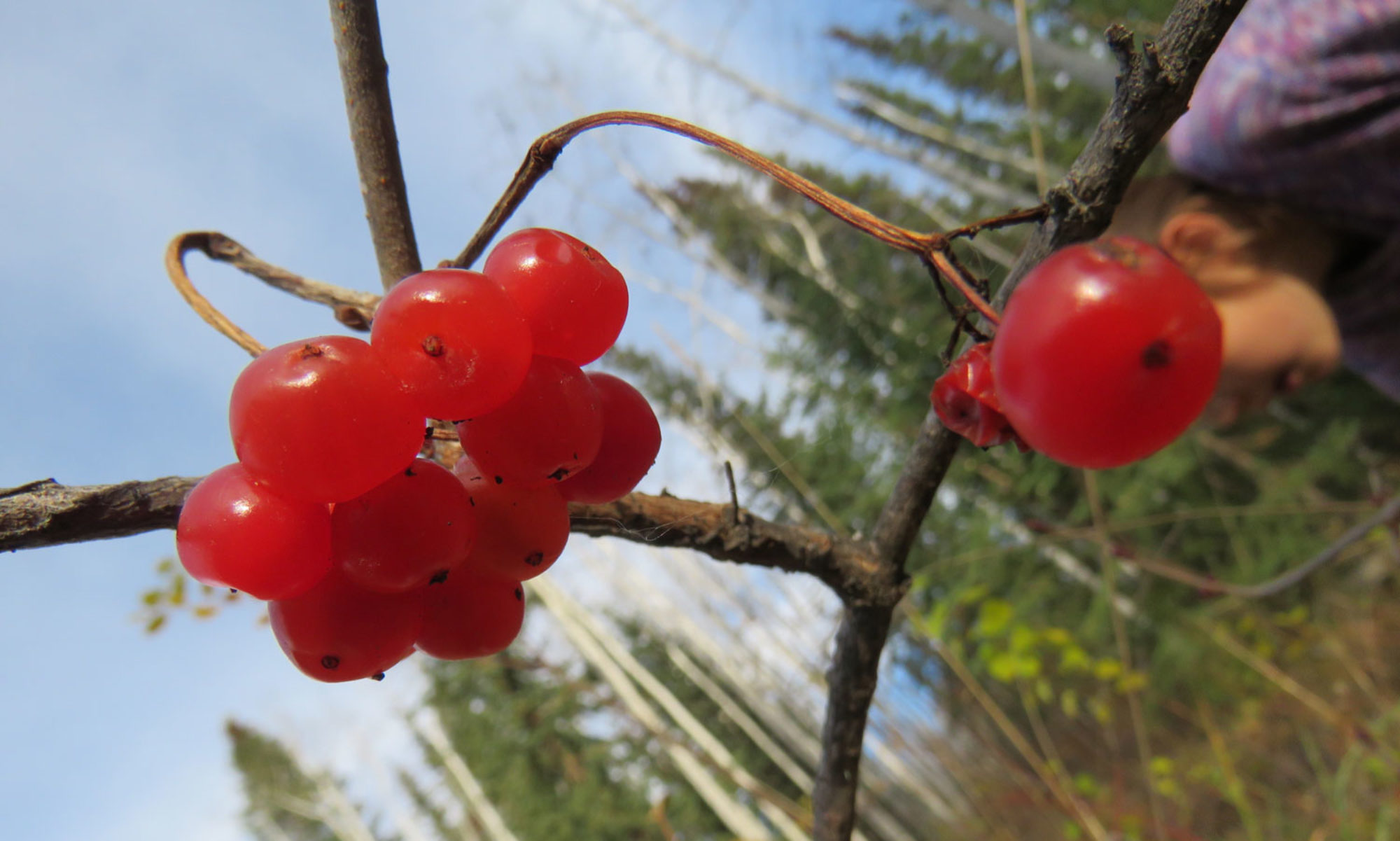 Katie English recently posted on the Dawson Community Garden Facebook page reminding us that it’s time for planning the coming season’s planting.
As January is upon us, so too is the gardening season. The New Year marks the time for getting your plans and dreams in order. Seeds are selected and ordered, gardens get planned and it is even the month for some of our earliest starters.
Katie English recently posted on the Dawson Community Garden Facebook page reminding us that it’s time for planning the coming season’s planting.
As January is upon us, so too is the gardening season. The New Year marks the time for getting your plans and dreams in order. Seeds are selected and ordered, gardens get planned and it is even the month for some of our earliest starters. If you are anything like Katie, then seed variety and quality is of utmost importance. For a seed is where it all begins …. Seeds can be the carrier of many of the diseases we find later on our grown plants or starters, furthermore poor quality seeds can mean poor quality germination, so quality is important. Katie is big on heritage and heirloom seeds. She looks for high quality organic seeds so she can later save the seeds she obtains from her own growing for the future.
> Visit our Seeds page to see recommended varieties from local Dawson growers that have been successfully cultivated in the Northern climate
Katie likes to know the long history of the seed and how it was saved over generations, and looks for interesting varieties that you can’t find in the grocery store. She also supports the small companies that are working hard to save our heirloom varieties and to produce organic seeds.
She points out that 60 per cent of the world’s seeds are owned by big chemical companies and avoids those seeds makes sure she does not support those corporations. Monsanto, and a handful of other corporate biotech giants, such as Pioneer and Syngenta, have been using their profits to buy up small seed companies, acquiring more than 200 over the past 15 years or so.
 They are doing so to dominate the seed market, not just by owning the source, but also to acquire the DNA of heirloom and open-pollinated seed varieties for use in their future GMO products. Most of the advantageous plant traits that megacorporations like Monsanto boast about bioengineering, such as drought tolerance, higher yields, or resistance to insects, are in fact the result of traditional breeding over many generations to produce superior seeds.
They are doing so to dominate the seed market, not just by owning the source, but also to acquire the DNA of heirloom and open-pollinated seed varieties for use in their future GMO products. Most of the advantageous plant traits that megacorporations like Monsanto boast about bioengineering, such as drought tolerance, higher yields, or resistance to insects, are in fact the result of traditional breeding over many generations to produce superior seeds. Once the acquisitions are finalized, however, these biotech corporations can splice in their own modified proprietary genes, and patent the resulting seeds. For those looking for organic or non-GMO seeds, here is a list of seed companies who have taken the safe seed pledge as presented by the Council for Responsible Genetics. Scroll down to see the list of Canadian companies.
> See the Safe Seed Resource list



 Tonight, April 11th, is the date of this year’s Pink Moon, and everyone is talking about it on social media. But what makes the Moon pink on this particular date?
Sorry to disappoint you, but turns out the Pink Moon isn’t actually of a rosy hue. The title “Pink Moon” is credited to Native American tribes, many of them practiced the custom of naming every Full Moon according to the cycles of the year (like Cold Moon in December or Harvest Moon in September). In the case of this moon, the “pink” comes from the wild ground phlox that rapidly blooms in the springtime. The different
Tonight, April 11th, is the date of this year’s Pink Moon, and everyone is talking about it on social media. But what makes the Moon pink on this particular date?
Sorry to disappoint you, but turns out the Pink Moon isn’t actually of a rosy hue. The title “Pink Moon” is credited to Native American tribes, many of them practiced the custom of naming every Full Moon according to the cycles of the year (like Cold Moon in December or Harvest Moon in September). In the case of this moon, the “pink” comes from the wild ground phlox that rapidly blooms in the springtime. The different 


